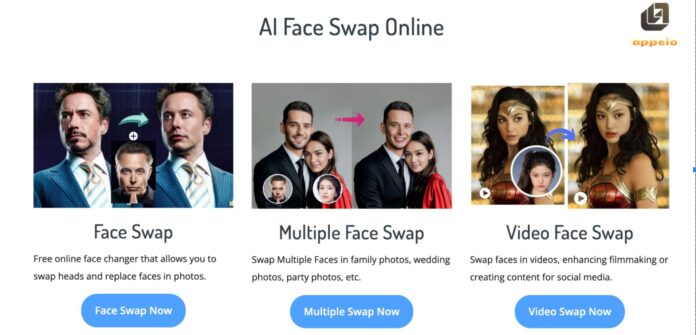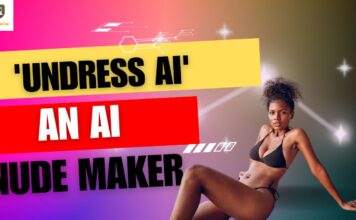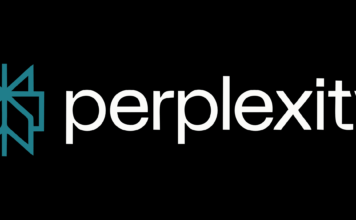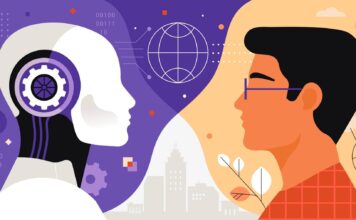Introduction
Remaker AI is an innovative technology that leverages artificial intelligence to recreate and enhance existing content across various media formats. This transformative tool has gained significant traction in the realms of video production, image editing, and audio engineering, enabling users to reimagine and repurpose content with unprecedented ease and efficiency. By using advanced algorithms, Remaker AI can automate complex tasks, reduce production time, and enhance the quality of creative outputs. This article delves into the pros and cons of Remaker AI and answers some frequently asked questions about this groundbreaking technology.
Pros of Remaker AI
- Efficiency and Speed: Remaker AI can significantly reduce the time required to edit and produce content. Tasks that traditionally took hours or even days can now be completed in a fraction of the time. For instance, in video production, AI can automate processes such as color correction, audio synchronization, and scene transitions, thereby speeding up the overall workflow.
- Cost-Effectiveness: By automating repetitive and time-consuming tasks, Remaker AI can help reduce production costs. Companies and individuals no longer need to hire large teams of editors and designers for simple tasks, as the AI can handle many of these functions autonomously.
- Consistency and Quality: AI algorithms can ensure a consistent output quality, reducing human errors that often occur in manual editing. Remaker AI can analyze and replicate specific styles and standards, ensuring that the final product meets the desired criteria every time.
- Creativity and Innovation: Remaker AI provides creative professionals with new tools to explore and innovate. It can suggest enhancements, offer creative filters, and generate new content based on existing material. This capability allows artists and producers to push the boundaries of their creativity without being bogged down by technical limitations.
- Accessibility: Remaker AI democratizes the creative process for individuals and small businesses that may not have the resources to access professional-grade editing tools. It offers high-quality editing and production capabilities at a fraction of the cost, making advanced content creation accessible to a broader audience.
Cons of Remaker AI
- Loss of Human Touch: One of the significant drawbacks of relying on AI for creative processes is the potential loss of the human touch. Art and content creation often require a personal touch, an emotional nuance that AI might not be able to replicate fully. This can result in content that feels less authentic or emotionally engaging.
- Dependency on Technology: As with any technology, there is a risk of becoming overly dependent on AI tools. This dependency can stifle creativity and limit the development of manual skills among creators. Additionally, technical issues or software malfunctions can disrupt workflows and cause delays.
- Ethical and Legal Concerns: The use of AI in content creation raises several ethical and legal questions. Issues such as copyright infringement, the manipulation of media, and the authenticity of AI-generated content can create legal challenges and ethical dilemmas. Ensuring that AI tools are used responsibly is crucial to addressing these concerns.
- Quality Control: While AI can ensure consistency, it may not always match the nuanced quality that a skilled human editor can provide. There may be situations where the AI’s output requires further refinement by a human to meet professional standards.
- Initial Setup and Learning Curve: Implementing Remaker AI can involve a significant initial setup and learning curve. Users need to familiarize themselves with the software and its capabilities, which can be time-consuming. Additionally, the cost of acquiring sophisticated AI tools can be a barrier for some users.
Frequently Asked Questions (FAQ)
1. What is Remaker AI?
Remaker AI is a technology that utilizes artificial intelligence to enhance and recreate existing content across various media formats, including video, audio, and images. It automates complex editing tasks, improves efficiency, and provides creative tools for content creation.
2. How does Remaker AI work?
Remaker AI uses advanced algorithms and machine learning models to analyze existing content and apply various enhancements and edits. It can automate tasks such as color correction, audio synchronization, scene transitions, and more, based on predefined parameters and user inputs.
3. Can Remaker AI replace human editors and designers?
While Remaker AI can handle many tasks autonomously and improve efficiency, it is not a complete replacement for human editors and designers. The human touch, creativity, and emotional nuance that professionals bring to content creation are still irreplaceable. Remaker AI serves as a powerful tool to augment human capabilities rather than replace them.
4. What are the potential ethical concerns associated with Remaker AI?
The use of Remaker AI raises ethical concerns such as copyright infringement, the manipulation of media, and the authenticity of AI-generated content. It is essential to use AI tools responsibly and ensure that content creators adhere to legal and ethical standards.
5. Is Remaker AI suitable for small businesses and individual creators?
Yes, Remaker AI is highly suitable for small businesses and individual creators. It offers advanced editing and production capabilities at a fraction of the cost of professional-grade tools, making it accessible to a broader audience. This democratization of creative tools empowers more people to produce high-quality content.
Conclusion
Remaker AI represents a significant advancement in the field of content creation, offering numerous benefits such as increased efficiency, cost-effectiveness, and enhanced creative capabilities. However, it also presents challenges, including the potential loss of the human touch, ethical concerns, and the risk of dependency on technology. By understanding these pros and cons, users can better leverage Remaker AI to enhance their creative processes while mitigating potential drawbacks.
As Remaker AI continues to evolve, it will undoubtedly play an increasingly important role in shaping the future of media and content production. By combining the strengths of AI with human creativity and judgment, the possibilities for innovation in this space are limitless.










